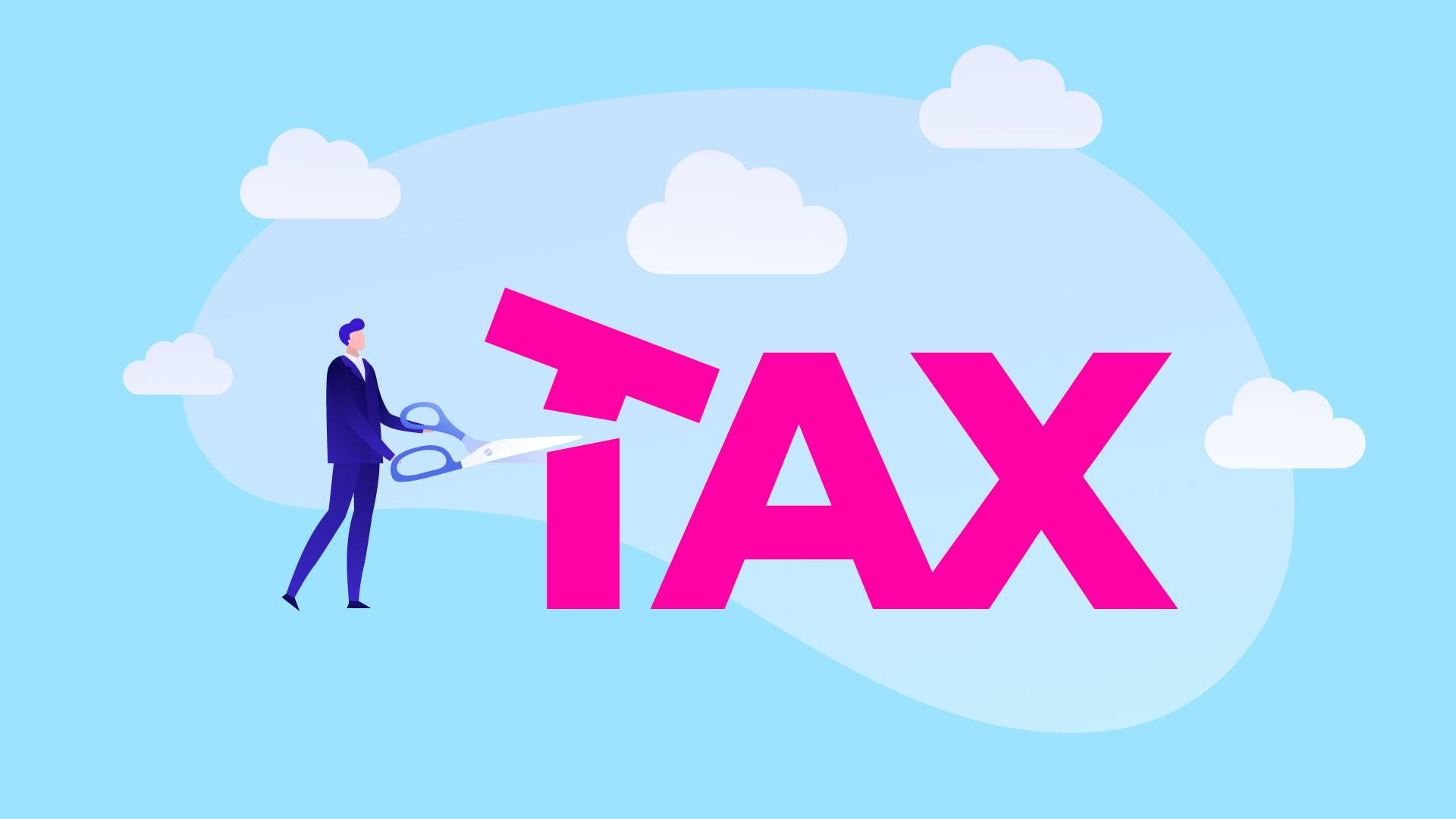Self-Study
Tax Cuts & Jobs Act: Individual Tax Preparation
Review TCJA changes with regards to capital gains tax, standard deductions and inclusions, and more.

$116.00 – $136.00
Webcasts are available for viewing Monday – Saturday, 8am – 8pm ET.
Without FlexCast, you must start with enough time to finish. (1 Hr/Credit)
Please fill out the form below and we will reach out as soon as possible.
CPE Credits
4 Credits: Taxes
Course Level
Overview
Format
Self-Study
Course Description
The Tax Cuts and Jobs Act of 2017 (TCJA), signed into law during the closing days of 2017, significantly affects tax planning and the income tax liability for many taxpayers. This individual tax preparation CPE course will examine the principal changes affecting individual taxpayers made by the TCJA.
It examines the provisions of the TCJA with increased potential to affect the taxation of individuals and which are related to changes in:
- Individual and capital gains tax rates;
- Standard deduction and exclusions;
- Income and adjustments to income;
- Itemized deductions in Form 1040 Schedule A;
- Form 1040 Schedule C;
- Tax credits;
- Individual alternative minimum tax (AMT);
- Taxation of unearned income of minor children;
- Qualified tuition plans;
- ABLE accounts;
- Tax treatment of student loan indebtedness discharges;
- Net operating losses; and
- Affordable Care Act individual responsibility requirement.
In addition, it will consider the business-related TCJA provisions affecting individual taxpayers, including the pass-through deduction for qualified trades or businesses under IRC §199A.
Learning Objectives
After completing this of the course, you will be able to:
Chapter 1
- Recognize the TCJA’s effect on the individual income and capital gains tax rates;
- List the changes in standard deductions, filing requirements and exemptions resulting from passage of the Tax Cuts and Jobs Act;
- Describe the TCJA’s impact on the adjustments to income for alimony and taxpayer moving expenses;
- Identify the changes affecting the itemized deductions on Schedule A; and
- Understand the provisions of the enhanced child tax credit.
Chapter 2
- Describe the broadening of §529 plan distributions;
- List the changes affecting the discharge of student loan indebtedness and net operating losses;
- Describe the TCJA’s effect on the ACA’s requirement to maintain health coverage and its changes to employee fringe benefits; and
- Identify the principal changes to the rules governing real property depreciation.
Chapter 3
- Recognize the general pass-through deduction for a qualified trade or business;
- Define the terms “qualified trade or business,” “qualified business income,” and “qualified property” for purposes of the pass-through deduction;
- Describe the W-2 wage limitation related to the pass-through deduction;
- List the changes with respect to Schedule C provisions, including those related to –
- Entertainment expenses,
- Section 179 expense limits,
- 100% expensing,
- Luxury auto limits,
- Listed property updates, and
- Net operating losses.
Course Specifics
823322230
January 9, 2025
There are no prerequisites.
None
95
Compliance Information
IRS Provider Number: 0MYXB
IRS Course Number: 0MYXB-T-02649-24-S
IRS Federal Tax Law Credits: 4
CTEC Course Number: 2071-CE-02097
CTEC Federal Tax Law Credits: 4
CFP Notice: Not all courses that qualify for CFP® credit are registered by Western CPE. If a course does not have a CFP registration number in the compliance section, the continuing education will need to be individually reported with the CFP Board. For more information on the reporting process, required documentation, processing fee, etc., contact the CFP Board. CFP Professionals must take each course in it’s entirety, the CFP Board DOES NOT accept partial credits for courses.
CTEC Notice: California Tax Education Council DOES NOT allow partial credit, course must be taken in entirety. Western CPE has been approved by the California Tax Education Council to offer continuing education courses that count as credit towards the annual “continuing education” requirement imposed by the State of California for CTEC Registered Tax Preparers. A listing of additional requirements to register as a tax preparer may be obtained by contacting CTEC at P.O. Box 2890, Sacramento, CA, 95812-2890, by phone toll-free at (877) 850-2832, or on the Internet at www.ctec.org.
Meet The Experts

Paul J. Winn CLU ChFC is a writer with more than 30 years experience in the life insurance and securities industry as an agent/registered representative, an agency head, a marketing vice president for a life insurance company and the president of a corporate registered investment adviser. He was a long serving member of the advisory board to the New York State insurance department. He is a published book author and creator of more than 200 taxation, insurance and securities training courses.



